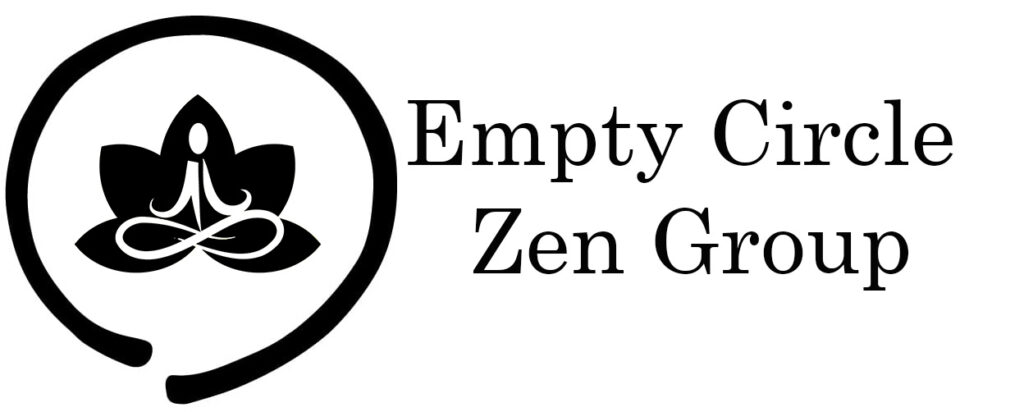What is Dependent Origination?
Dependent Origination is the principle that all things arise in dependence on other conditions. In simple terms, nothing exists independently; everything is connected. This concept reveals that our experiences, emotions, and thoughts are shaped by a chain of causes and conditions. By understanding this, we can approach life with greater mindfulness, compassion, and a deeper sense of control over our actions.
The 12 Links of Dependent Origination
1. Ignorance (Avidyā)
Ignorance is the lack of understanding of reality. It triggers the entire chain of dependent origination. Overcoming ignorance requires wisdom and insight.
2. Mental Formations (Sankhāra)
Mental formations are the habits, intentions, and thoughts shaped by past experiences. They influence how we react to present moments.
3. Consciousness (Viññāṇa)
Consciousness is the awareness that emerges as a result of mental formations. It shapes how we perceive and process reality.
4. Name and Form (Nāmarūpa)
This link refers to the combination of mind (nama) and body (rupa) that shapes our experience of the world.
5. The Six Sense Bases (Ṣaḷāyatana)
These are the five senses (sight, sound, smell, taste, touch) and the mind, which act as gateways for experience and perception.
6. Contact (Phassa)
Contact occurs when a sense organ, a sensory object, and consciousness come together, creating an experience.
7. Feeling (Vedanā)
Feelings arise from contact. They can be pleasant, unpleasant, or neutral, shaping how we react to events in life.
8. Craving (Taṇhā)
Craving is the desire for pleasant experiences and the avoidance of unpleasant ones. This is often the root of suffering.
9. Clinging (Upādāna)
Clinging occurs when we attach ourselves to cravings, whether it’s material possessions, people, or ideas.
10. Becoming (Bhava)
Through clinging, we create “becoming,” where mental and physical energies move toward new experiences or conditions.
11. Birth (Jāti)
Birth refers to the emergence of a new experience, a new perspective, or even a new phase in life.
12. Aging and Death (Jarāmaraṇa)
This final link represents the natural process of decay and transformation. Everything that arises eventually fades away.
How Dependent Origination Affects Our Lives
Dependent Origination helps us see how our choices, habits, and actions are all connected. For example, when you react with anger, you reinforce patterns of stress. By breaking this cycle, you reduce suffering and foster peace. Recognizing how one decision affects the next allows us to make intentional, mindful choices that lead to greater balance and clarity in life.
Practical Ways to Apply Dependent Origination in Daily Life
- Practice Mindfulness: Pay attention to the cause-and-effect nature of your thoughts and actions.
- Break Negative Cycles: Identify patterns, like anger or procrastination, and trace them back to their root causes.
- Change Your Perspective: Understand that nothing exists in isolation. Every moment is part of a larger chain of events.
- Focus on Intentional Living: Each decision you make affects future outcomes. Choose wholesome, thoughtful actions.
How Meditation Supports Our Understanding of Dependent Origination
Meditation allows us to observe the cause-and-effect nature of our thoughts. As we sit in stillness, we see how one thought leads to another. Over time, this insight reveals patterns, helping us understand how our mental habits shape reality. By recognizing this, we can break cycles of stress, anxiety, and unwholesome actions, creating a life rooted in mindfulness and peace.
Conclusion: Embrace the Interconnected Nature of Life
Dependent Origination is a profound reminder that everything in life is connected. By understanding this, we become more mindful of our actions and choices. We see how each decision influences the next, giving us the power to break free from negative cycles and cultivate peace, compassion, and awareness. Take a moment today to reflect on how your thoughts and actions are shaping your experience—and know that with each step, you have the power to create a better future.
Author
-

David Schmelzer is a Dharma teacher known for his compassionate and accessible approach to mindfulness and spiritual growth. Drawing on years of experience in both Eastern and Western contemplative traditions, David guides students toward cultivating inner peace, resilience, and a deeper connection to the present moment. He is committed to fostering a welcoming space for all, blending ancient teachings with insights for modern life. Through his teachings, David encourages the development of equanimity and compassion, empowering individuals to embrace life’s challenges with a calm mind and an open heart.
View all posts


